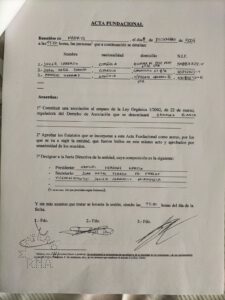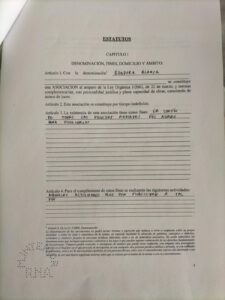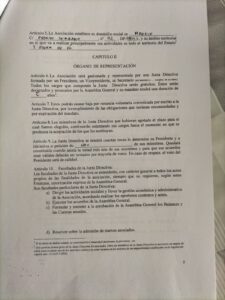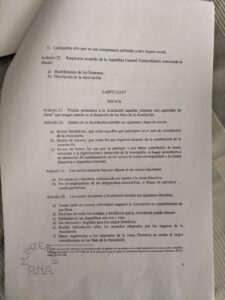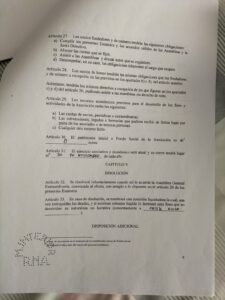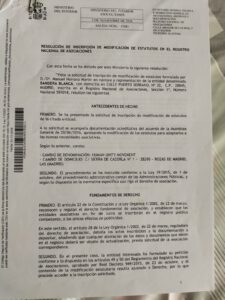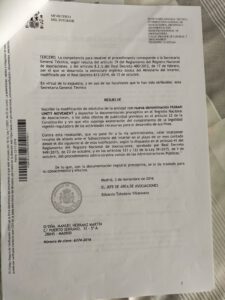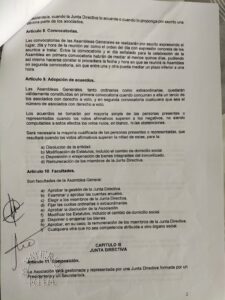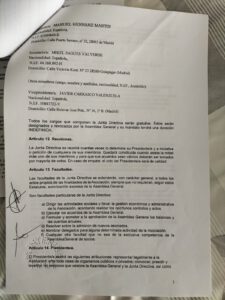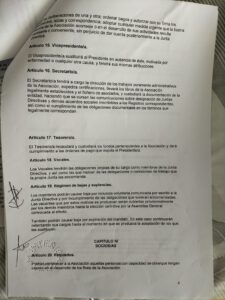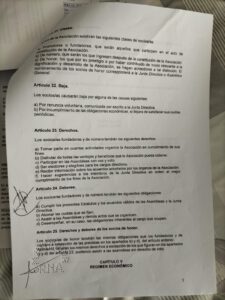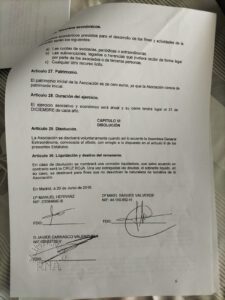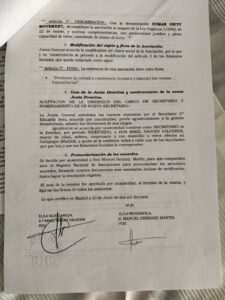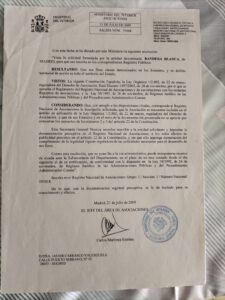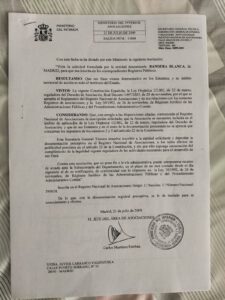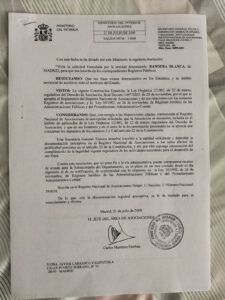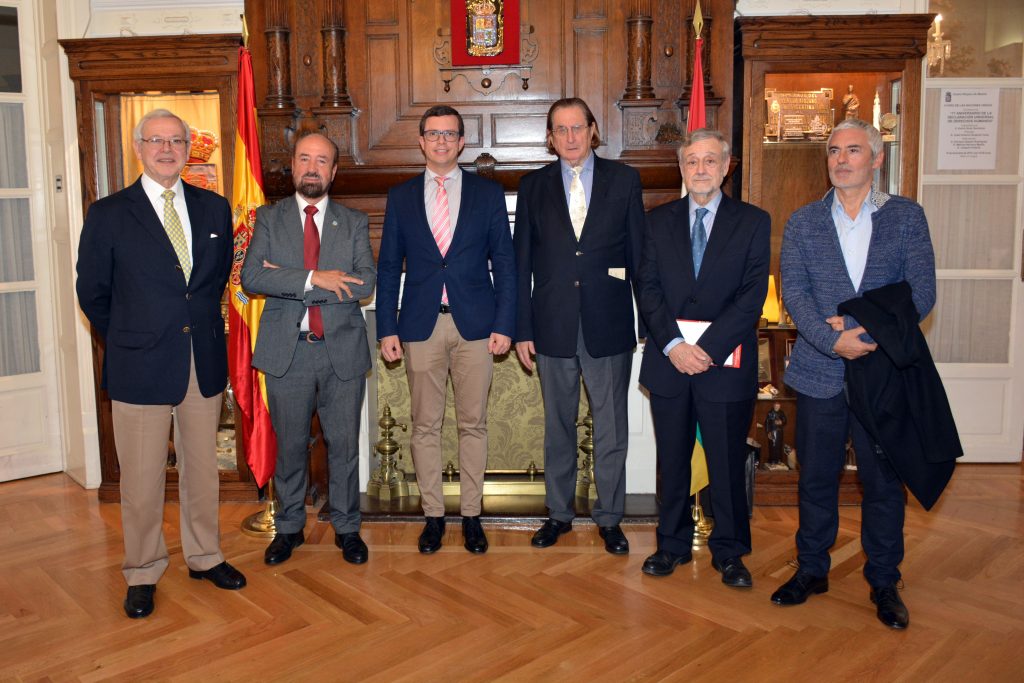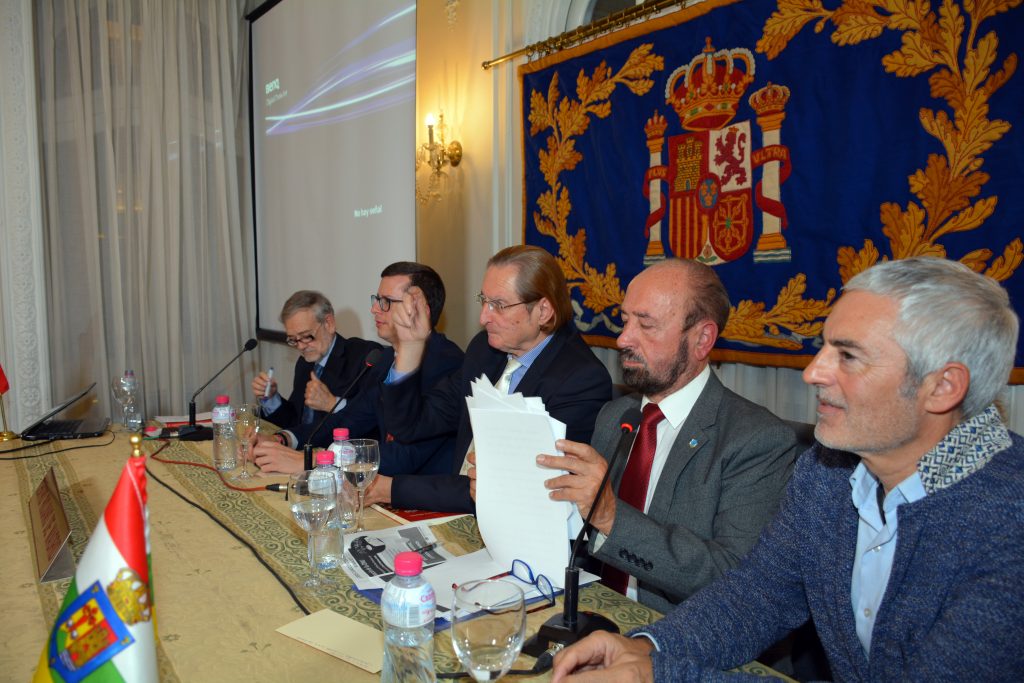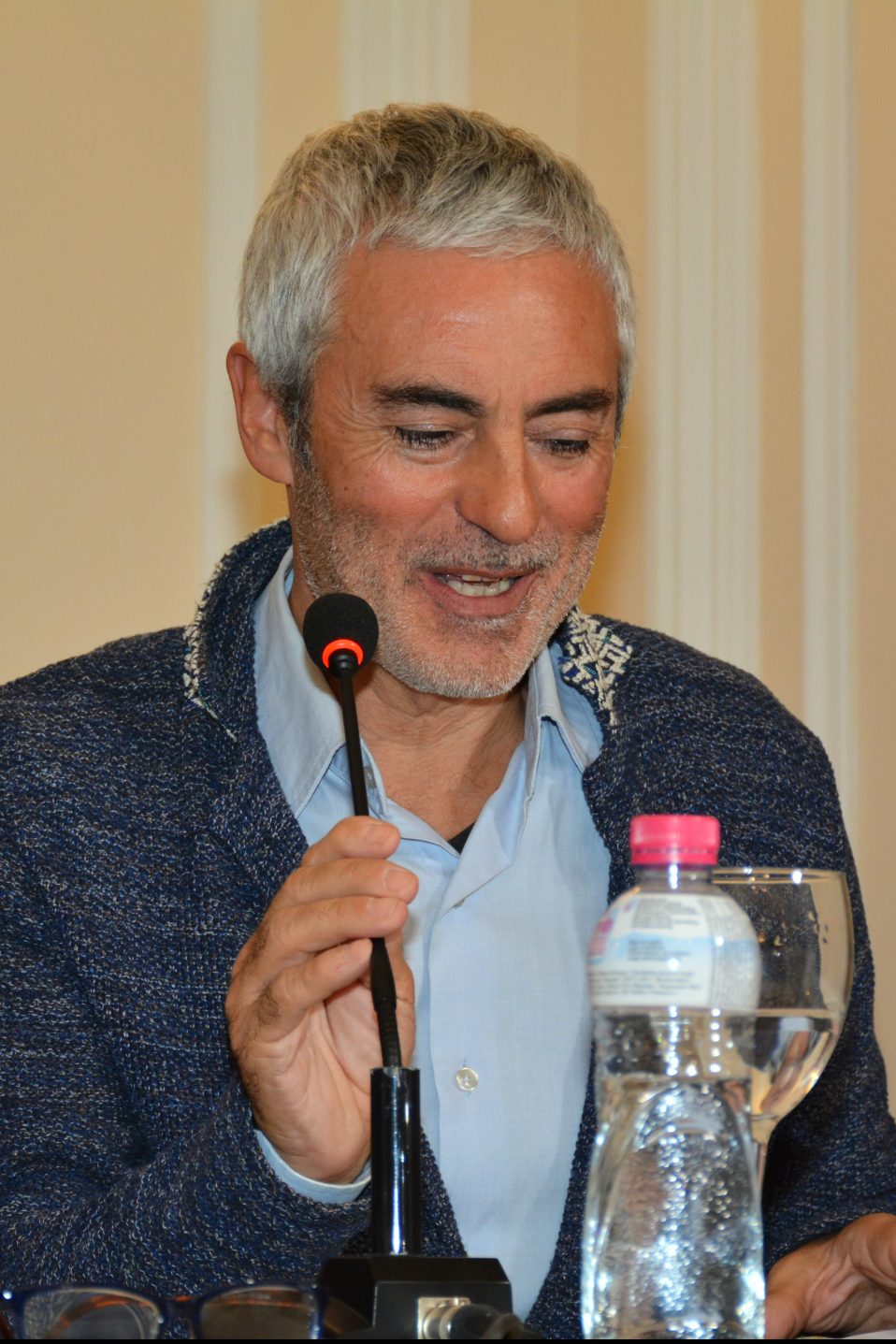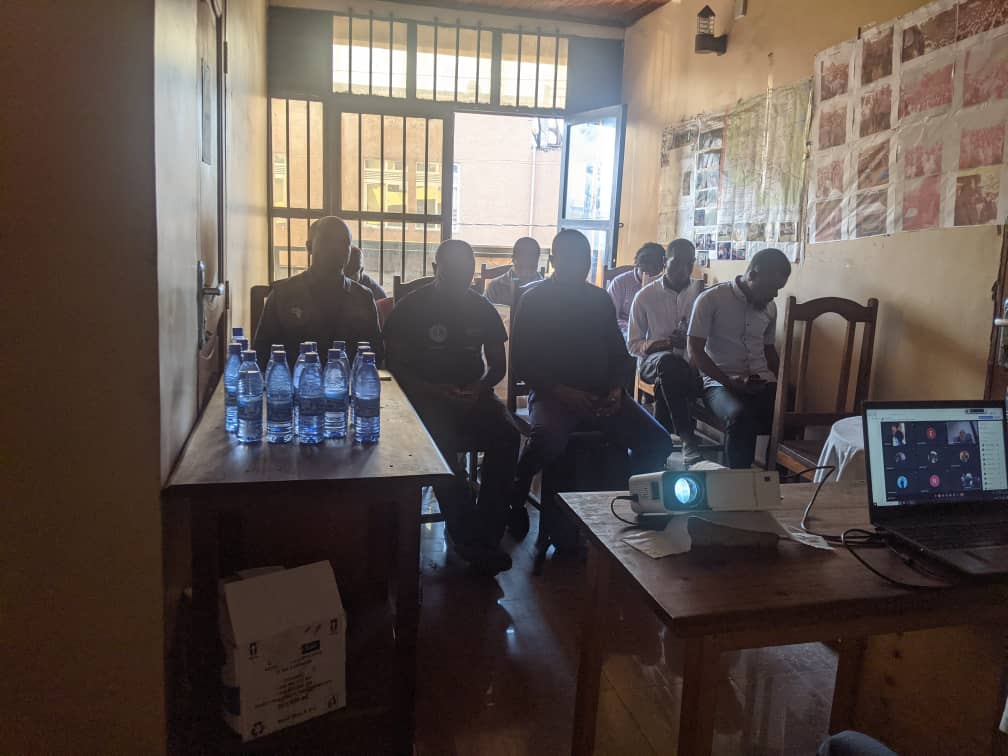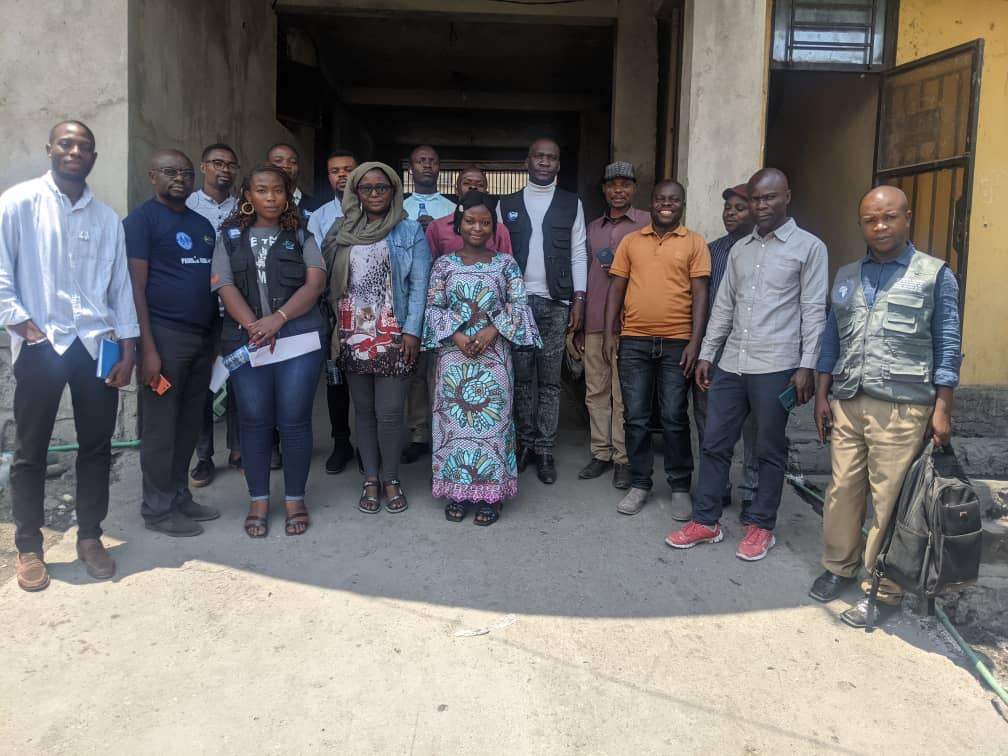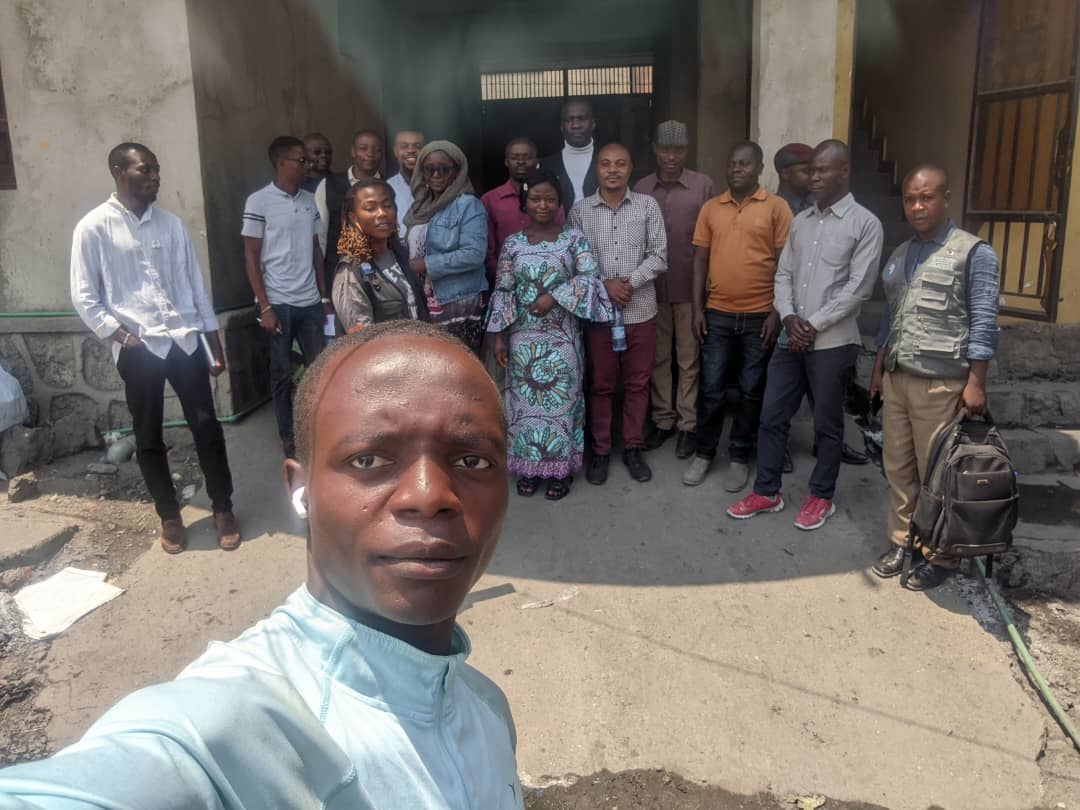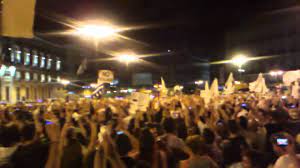- HISTORY
- DOCUMENTS
- MOMENTS
- VIDEOS
- COUNCIL
HISTORY

Human unity in an inclusive decision-making system as the (only) way of human peace, harmony, and concord is a very recurrent understanding of intelligent people in history, as much in the East as in the West without any communication between them.
However, since ideologies or religions -figurations to be believed and avowed by the state´s subjects- are controlled and promoted, when not even designed by the state, we can hardly have some references about this human proposal because it undermines the state´s absolute power or sovereignty.
And luckily we have Mozi´s work because it was preserved among the Taoist scriptures. But still, modern specialists disregard the essentially cosmopolitan character of Mozi´s doctrine and present it as a state policy, often as a case of antique utilitarianism.
In the West, human unity was promoted by the Cosmopolitans. First the Cynics, the followers of Socrates, and mostly by their successors, the Stoics, the most relevant school of thought from III BC. to III AD. from Asia to the Iberian Peninsula.
However, The Republic, the masterwork of Zeno, founder of Stoicism, was ‘lost’, but we have the words of other antique authors about it, as Plutarco, saying that it could be resumed with a single and simple idea “that all the people in the world shall not have differentiated systems of justice, but to live in a single community”. This is the same as Mozi exposes: In the community, evil/harm is refused by common sense while harming those outside the community is kind of benefiting it. And the same concept is to be found in many passages of the works by the numerous Stoic authors like Seneca, Marco Aurelius, Cicero…..
Nowadays, however, the situation is so bizarre that basically the only known cosmopolitanism -you can check on the internet or ask the pundits- is that of Kant and his followers, a cosmopolitanism based on the absurd of exclusive decision-making and sovereignty or absolute independence of the states (We know in any case that Kant was repressed by the Prussian state and otherwise surely he would not have been able to publish his Zum Ewigem Frieden/Towards Perpetual Peace).
PERSONAL
My name is Manuel Herranz, PhD. For a great part of my life, I have been working as an international and executive consultant and only since 2017 as a professor of Humanities and Philosophy.
Very impressed by the possible annihilation of Humanity during the Cold War when I was a philosophy student in the eighties, I have been researching as an autodidact the possibility of human peace and concord and even then I tried to organize a world peace and disarmament festival with all world universities.
I moved to Berlin in 1986 where I continued my research and activities for peace and my philosophy studies and also I started there international relations studies, along with Russian, Chinese, and Arabic languages. Three years later I left Berlin and moved towards the East to study the world´s main cultures.
I know that we humans are all the same and if we make decisions inclusively we will not thread and harm each other and we will only look for all human benefit according to common sense, which is to treat others as you would like to be treated.
But also I understood that a human proposal was unacceptable in an incomunicado world since it would weaken the state and the coalition allowing this publicity within it.
So, first, it was very difficult for me to discover that this was quite a recurrent thought from antiquity, as much in China as in the West, without any communication between them. And my first reference to this thought was Mozi, I have made the first full translation of it into Spanish. And, even if I studied philosophy, only quite later after Mozi I came to Western cosmopolitanism and so to read by myself, for instance, The Apology (of Socrates), I recommend you very much to read. And then, when I tried to share relevant historical and scientific discoveries I found civil and academic institutions as also the media refusing to publish/disclose them, even if keeping obvious falsehoods in order to keep and safeguard their ideologies.
In this sense, The Quixote is a big step in my research on the human conditions for peace. I wrote my doctoral thesis about it and obtained cum laude. Though The Quixote official interpretation is very much misleading, even disparaged, its meaning is very clear and simple and the reader with some attention can easily see it: people follow don Quixote crazy figurations if they feel threatened by him (also if they feel they can get something out of it).
And this is happening to each of us; we have to confess to our armed unit or state we belong to and even if war is manifested as an ideological, on values or even economic disputes – those are the windmills- in fact, we fight all by the effect arms are causing on us as much as on our enemies since “it is the same arms or war”, as Cervantes says.
Yes, the subject of The Quixote is the arms, and, therefore, Cervantes will show us the white flag, as much in the first as in the second part of The Quixote. The white flag is actually a military item and its meaning is to stop the arms activity.
The reason for this step is that we can already universally disclose the truth (of the arms), open our eyes, and see that arms are one because of another, this is to say, they are by themselves and humans are their sad and tragic puppets. This understanding shall be followed by cooperation for disarmament and human liberation, by which ideological figurations will disappear as smoke when the fire is put down, giving way to common sense, truth, and science.
The Mozi deals with the difficulty of universal love in an unknown world, and this is the same problem with the Stoics; they see they cannot achieve their political project and they end up abstaining as much as they can from politics. The Stoics focused on the logos and the neo-Mohists on science -as the only possible development of human sense for both in their time. But Cervantes, with a stoic background, is writing after the first round trip to the world and so The Quixote is a book of sunrises.
Indeed, the current world interconnection makes it possible to use common sense because we can satisfy now the condition which habilitates it: universal publicity.
Aiming at promoting human unity I registered in 1999 the domains www.banderablanca.com and www.whiteflag.info and founded the Association Bandera Blanca (White Flag), though I could only register it in 2009 with the EU´s help. Again, imagine my surprise, hope, and even responsibility when I discovered the white flag in the Quixote only in 2004 when reading again the chapter on Letters and Arms due to a literary contest organized with the occasion of the anniversary of its publishing in 2004, and this track made me read it all again inquiring and enjoying its full meaning.
In 2016 Bandera Blanca changed its name to HUM – Human Unity Movement (www.human-unity.org). And HUM first initiative was the calling of an open and transparent world Congress of expertise for the establishment of an inclusive decision-making system for the world. We presented our project to the Madrid City Council in 2018 and obtained a very positive response, but the city government changed in 2019 and the pandemic has made us cancel it because it is indispensable to face a reality dominated by the arms directly and accurately.
DOCUMENTS
MOMENTS
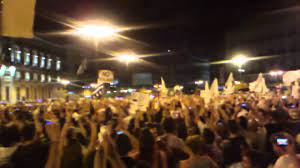
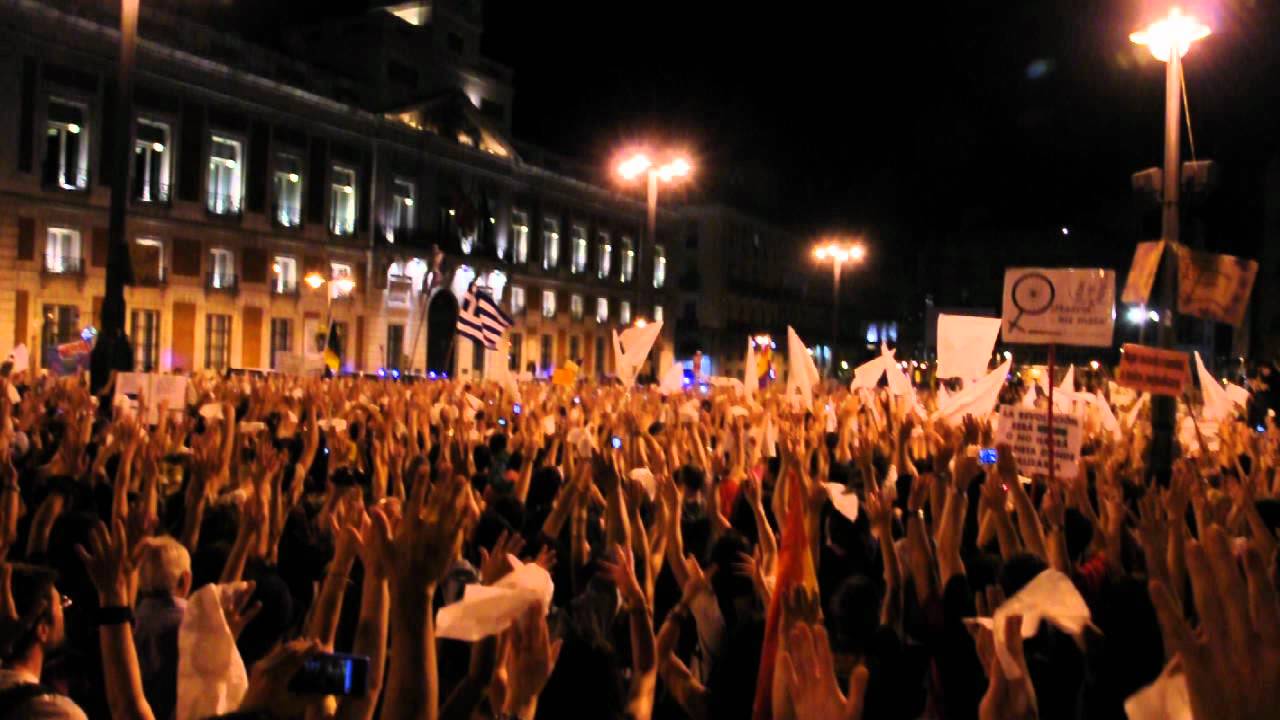
(GO TO VIDEOS) PUERTA DEL SOL, MADRID - MINUTE OF SILENCE - MUTE SCREAM - MAY 12TH, 2012 RIGHT AT MIDNIGHT
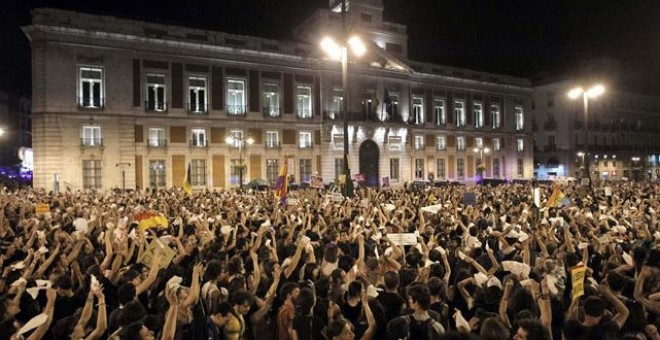
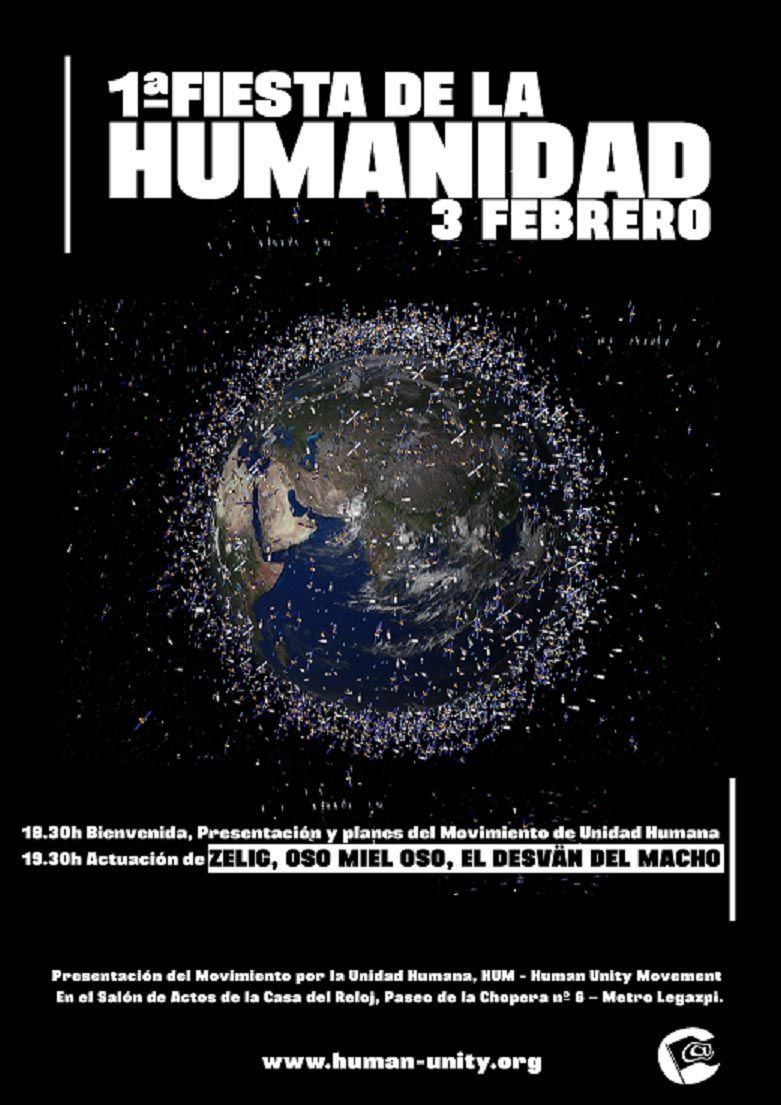
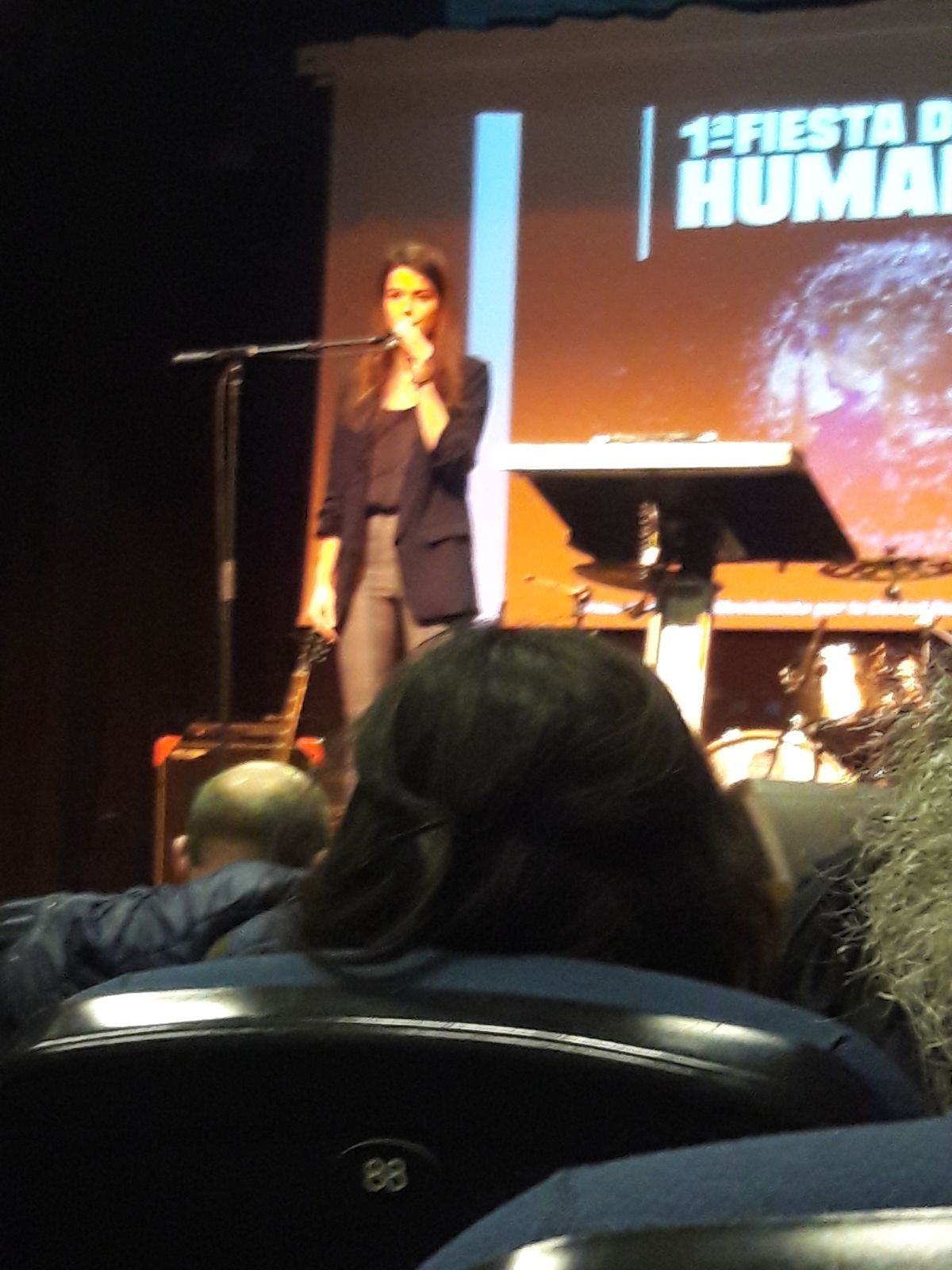
ELIA URBINA´S EVENT PRESENTATION

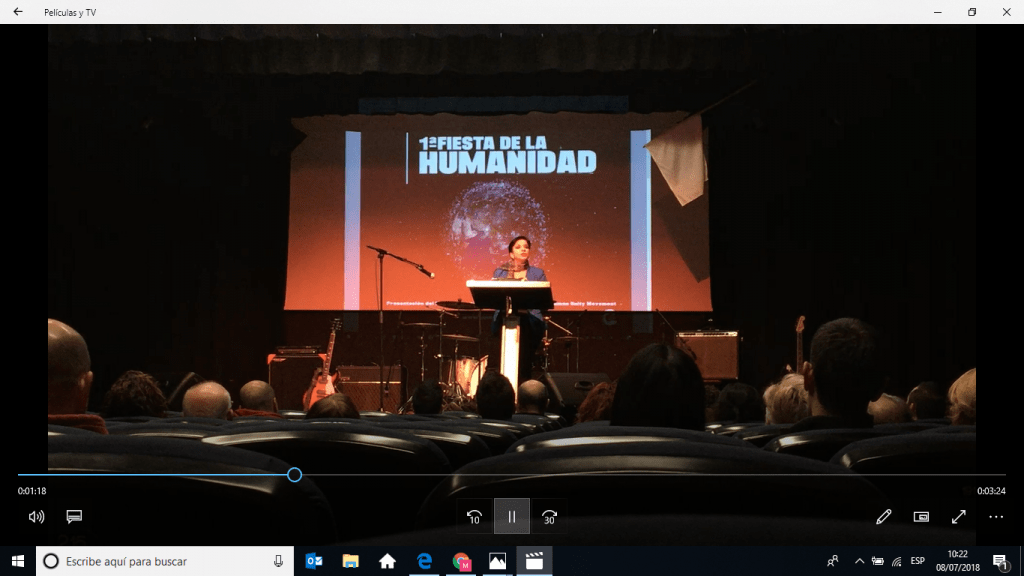
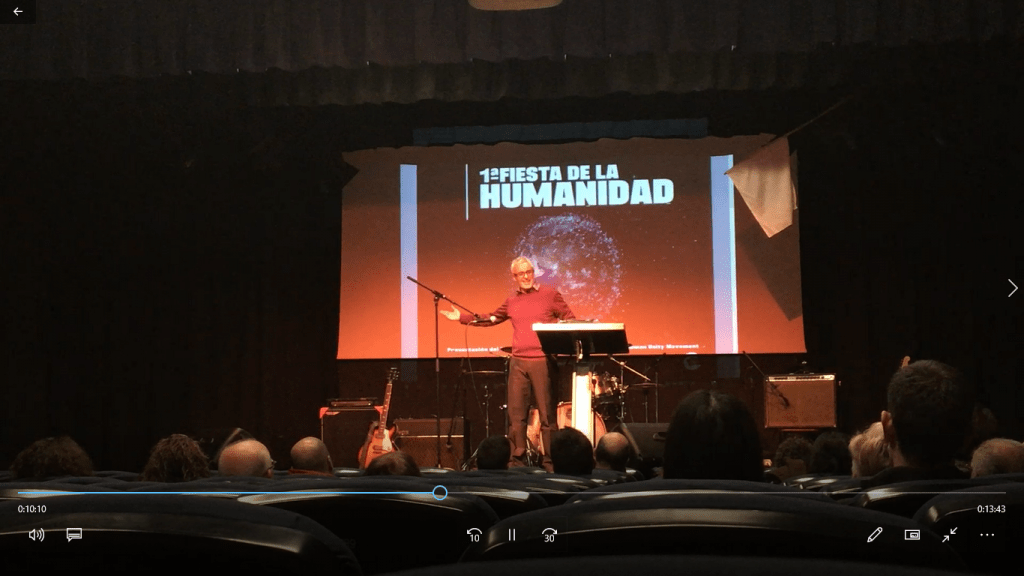
SPEECH BY DR MANUEL HERRANZ, PRESIDENT OF HUM

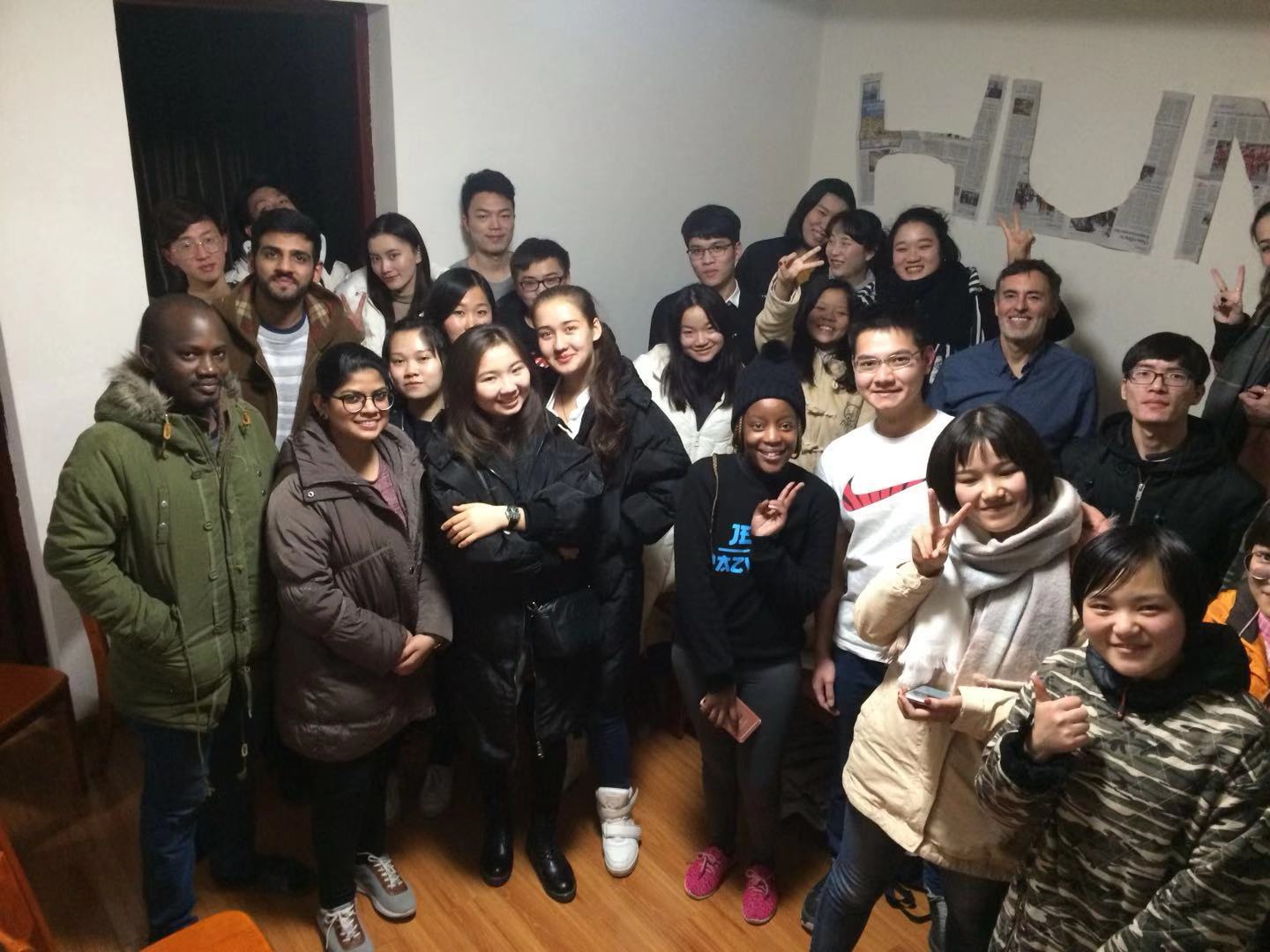
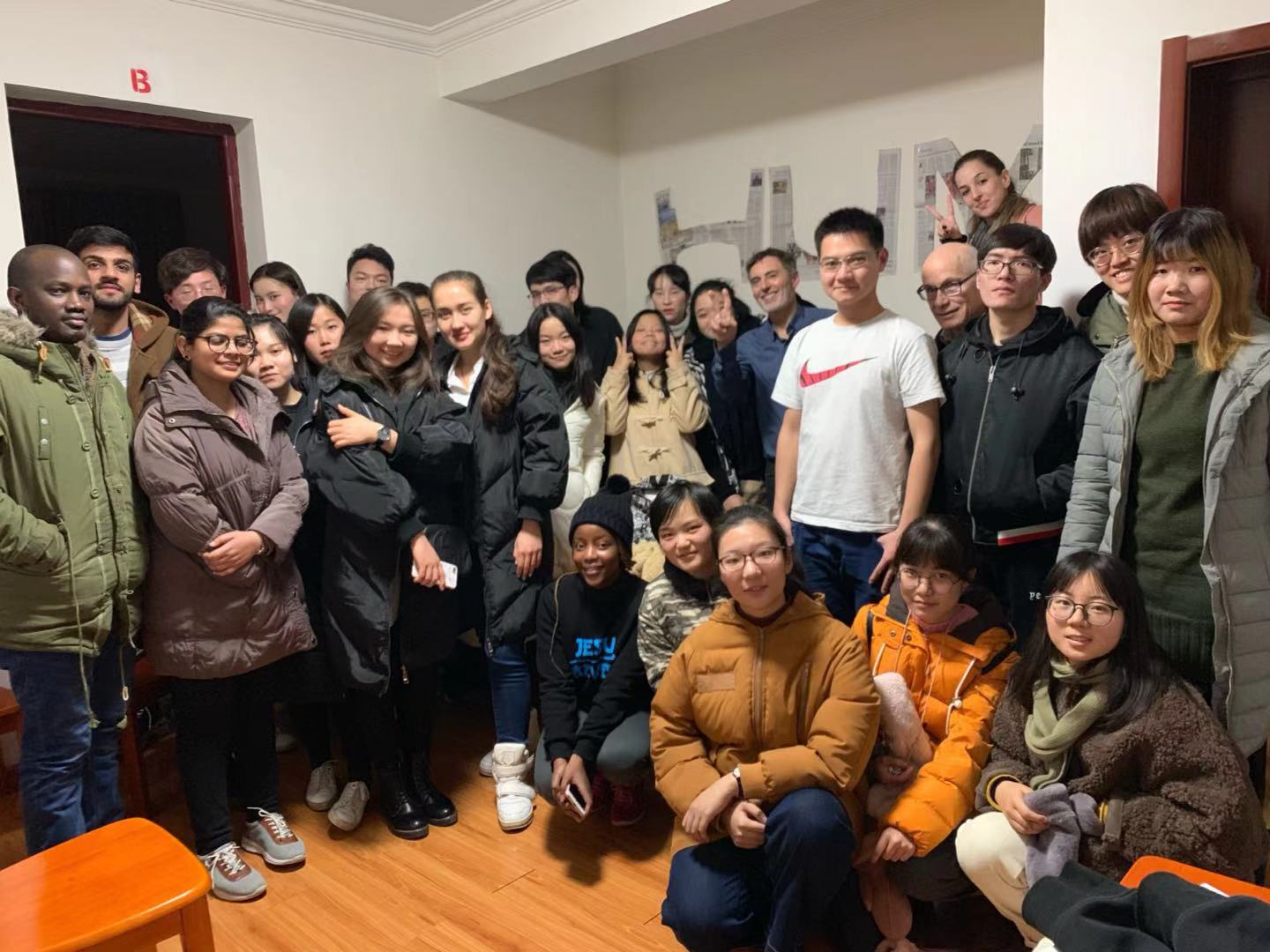
Presentation of HUM in Wuhan
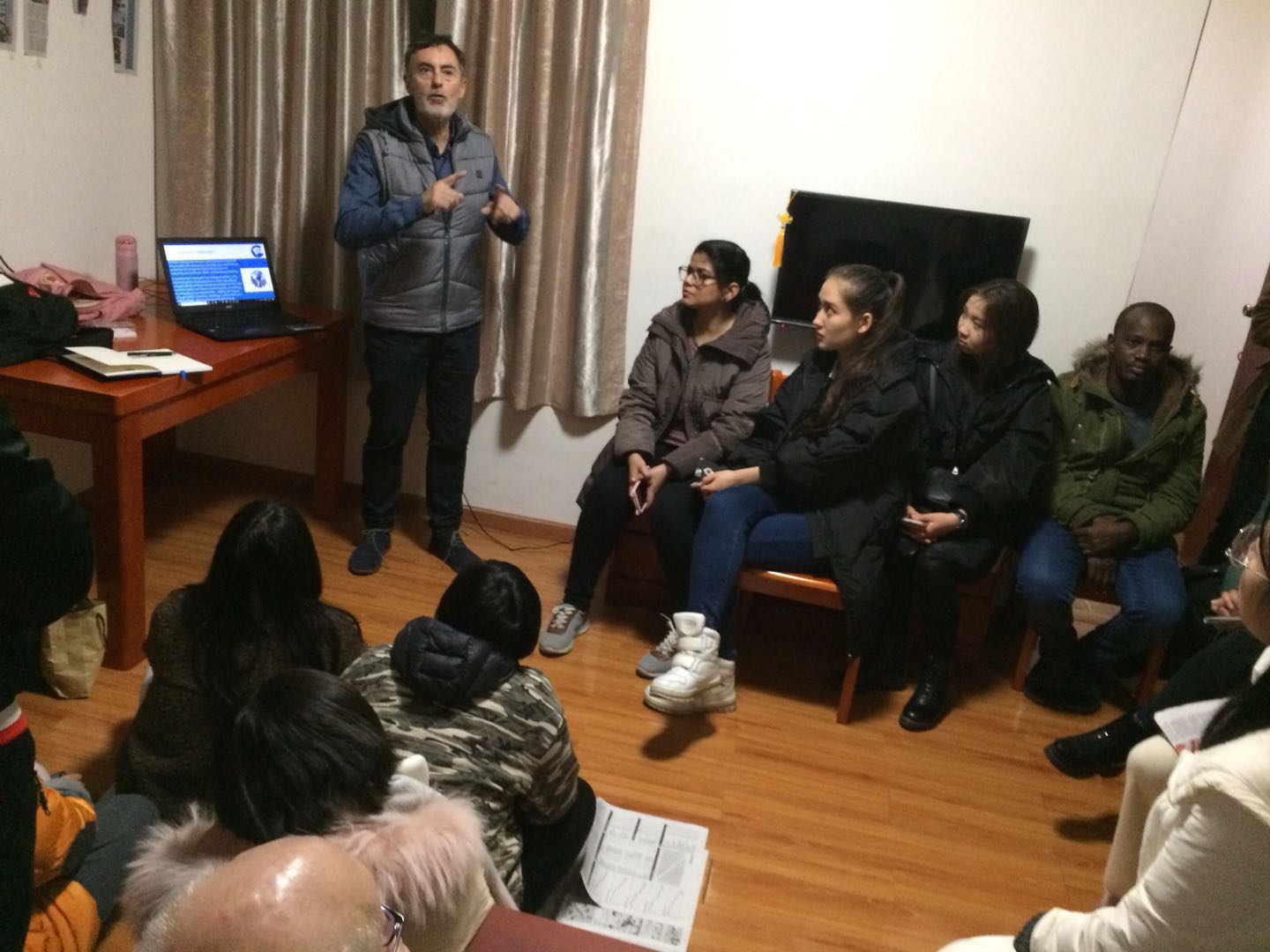
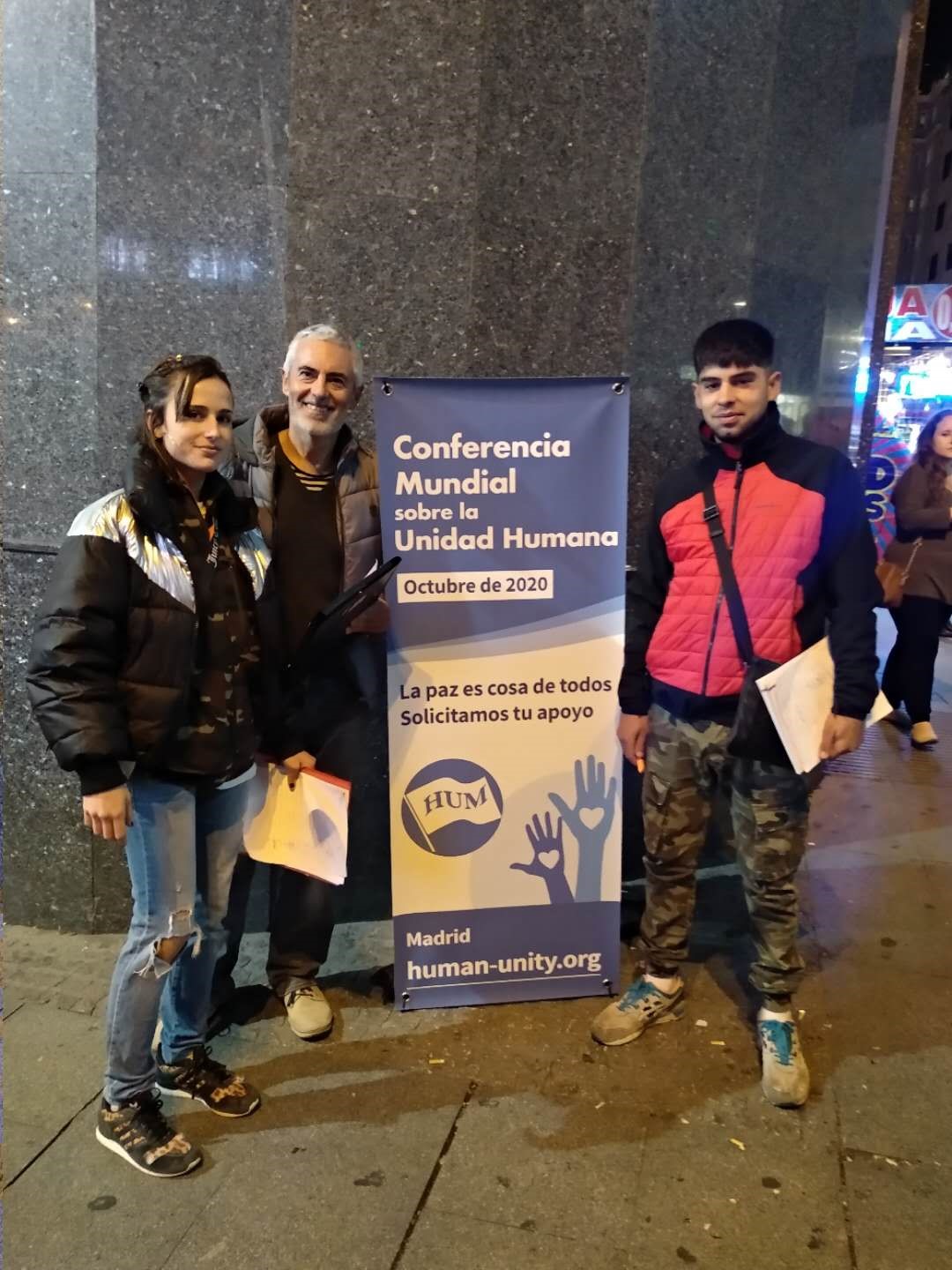
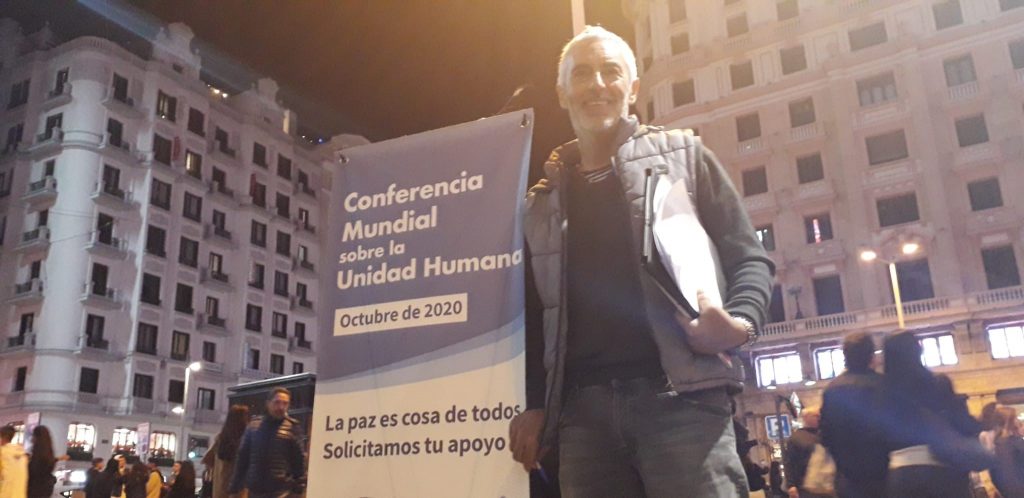
GATHERING SIGNATURES
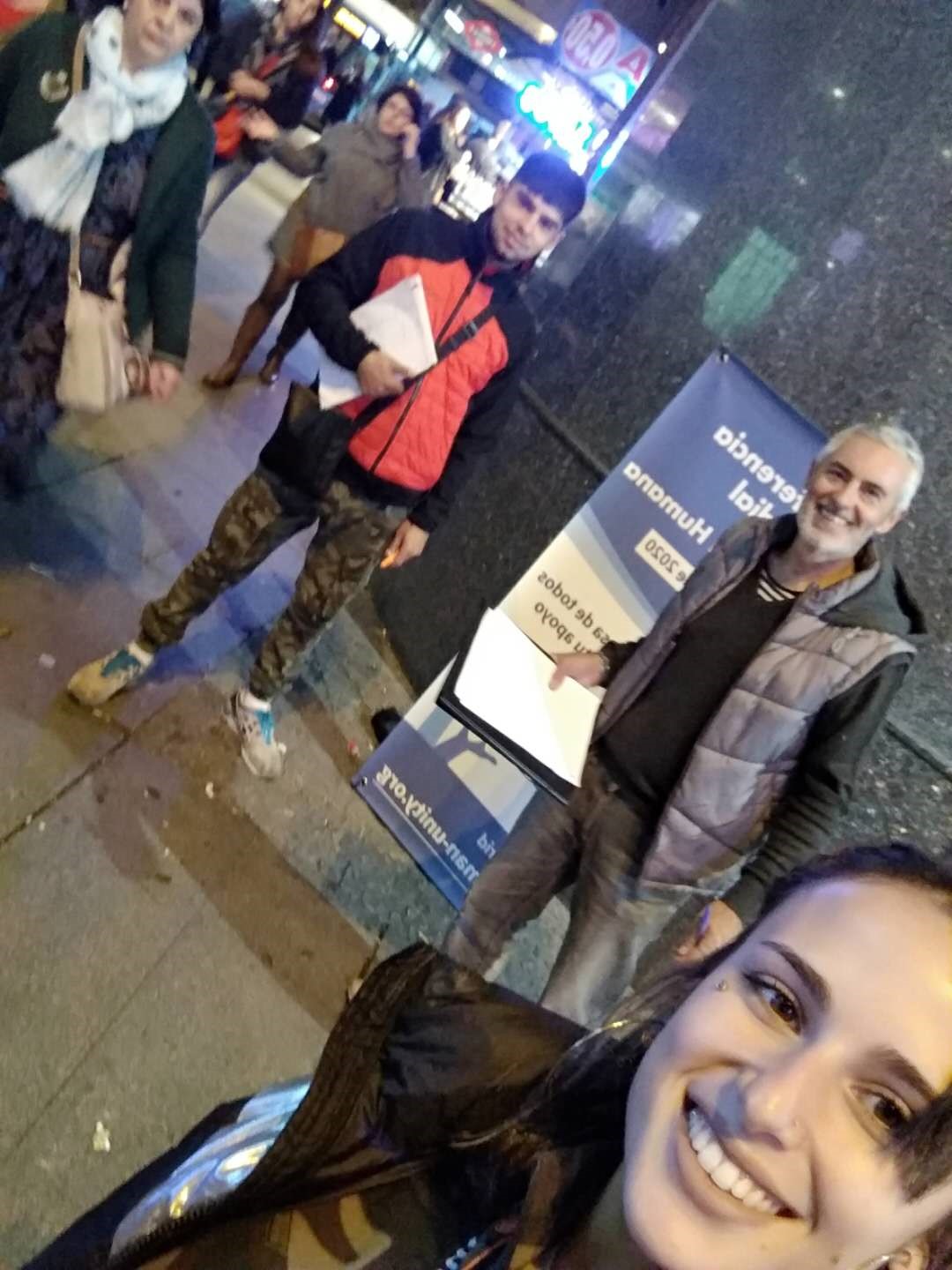
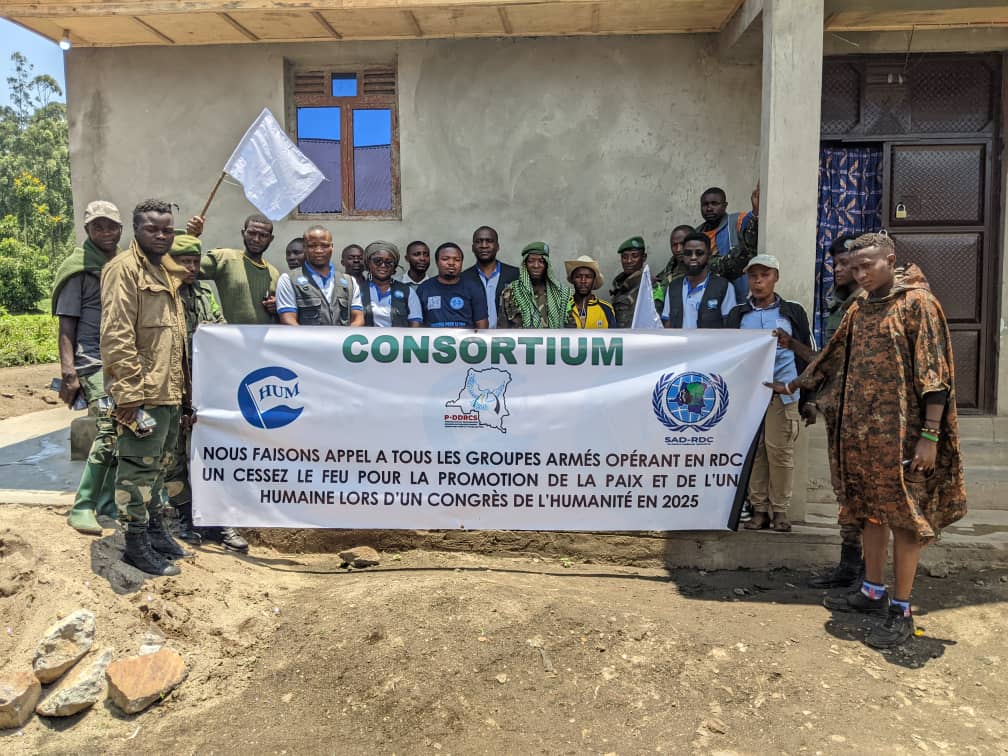
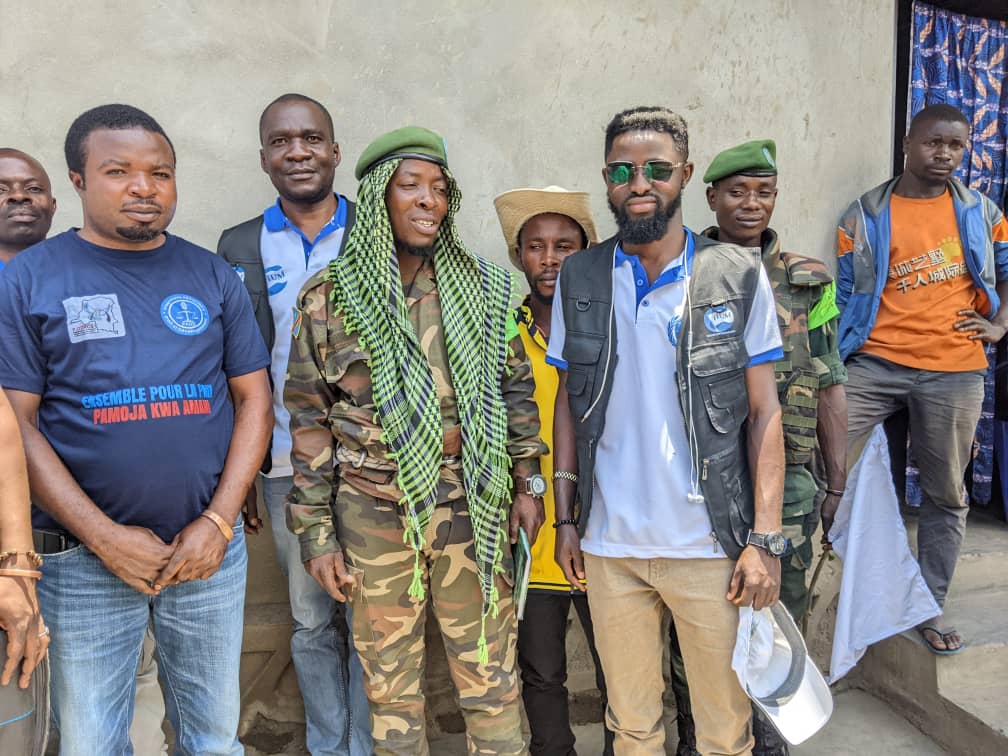
With the rebel group laeder
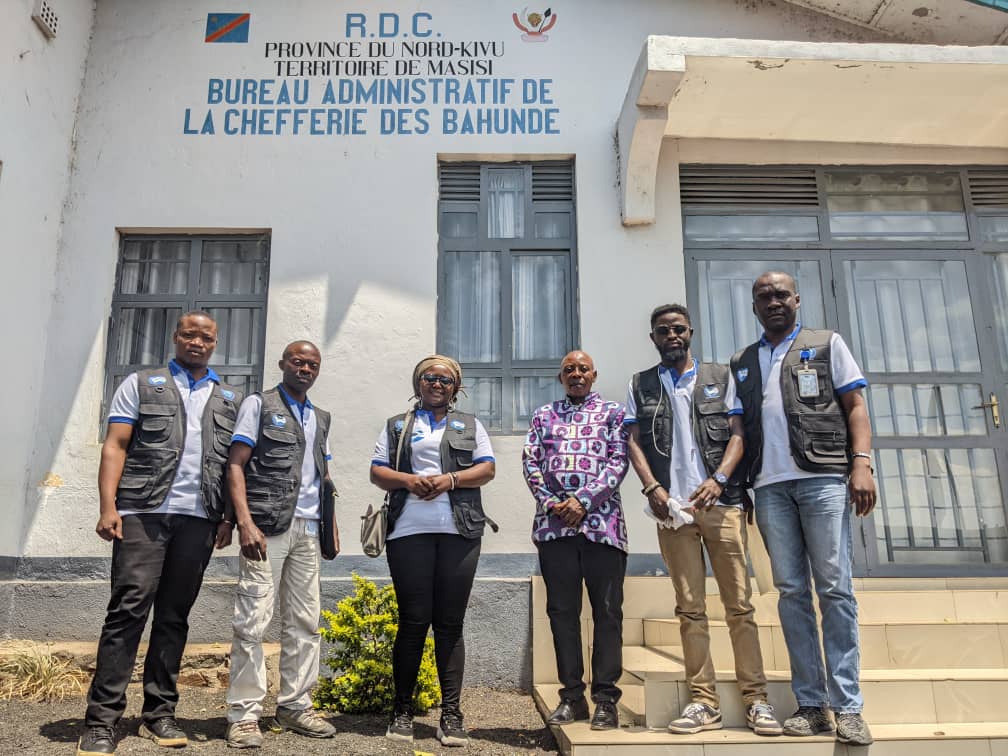
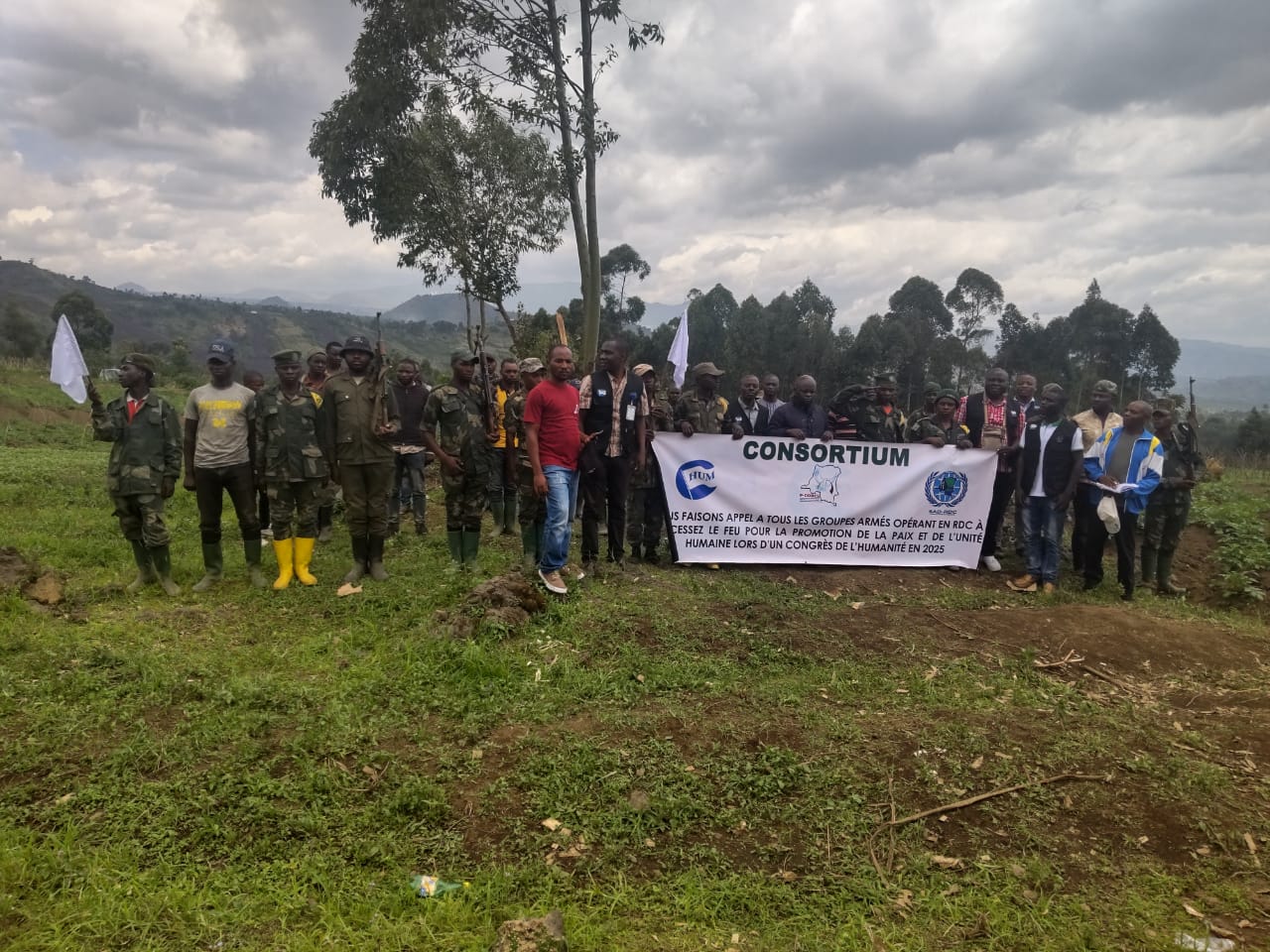
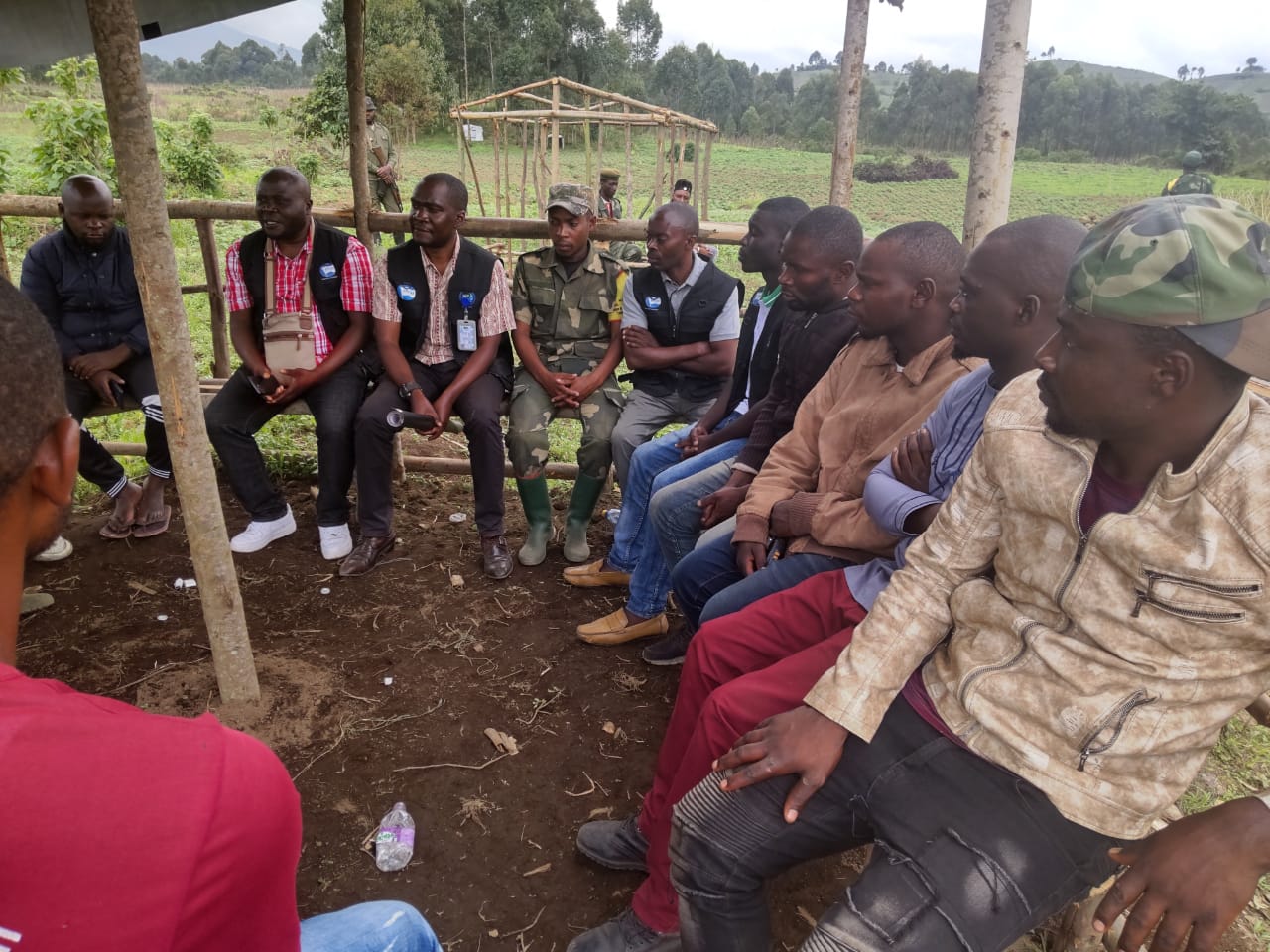
Meeting in Nyiragongo
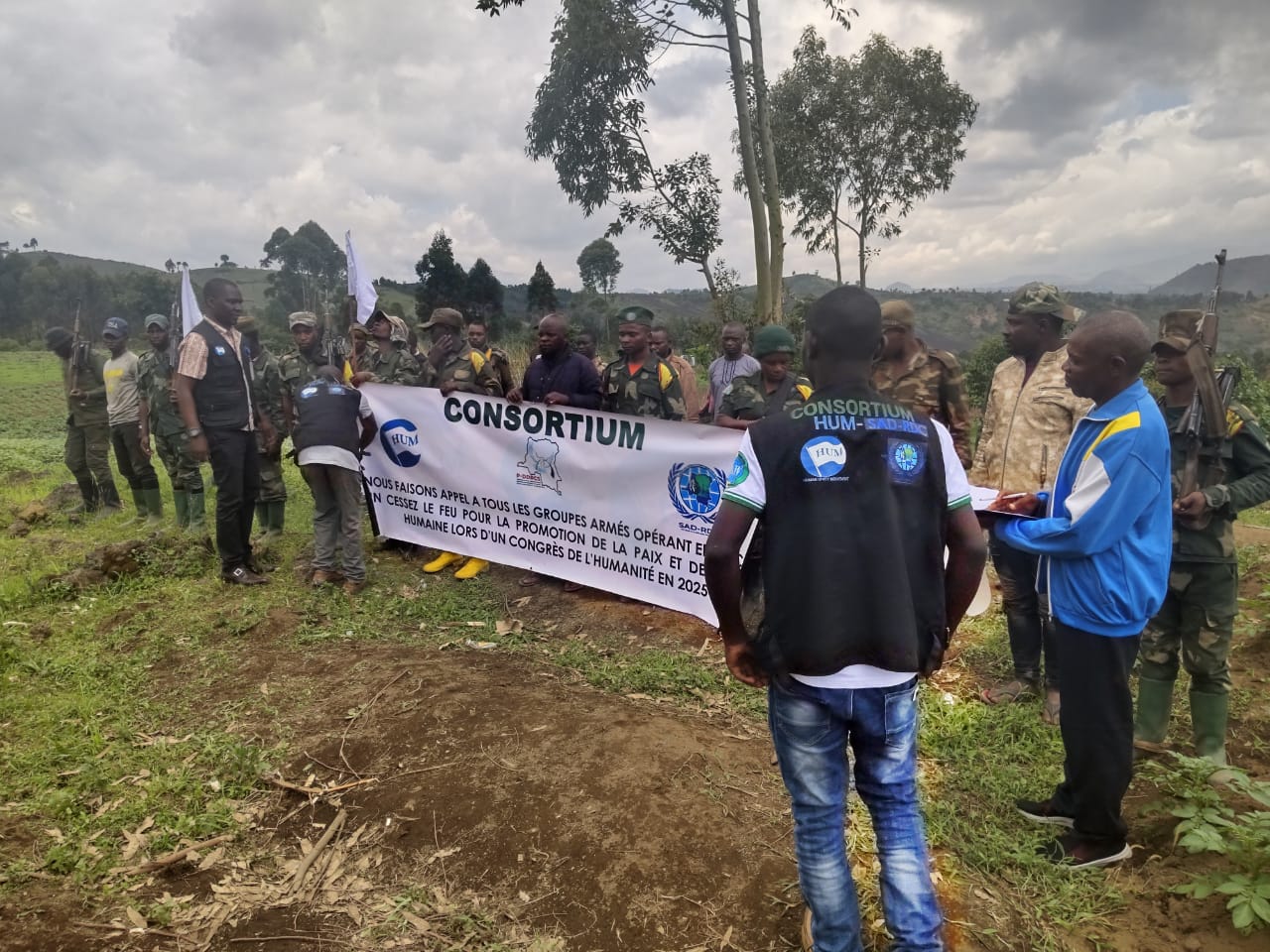
VIDEOS
COUNCIL
JAVIER MÉNDEZ PÉREZ
SECRETARY
Javier Méndez Pérez, PhD, is the director of the Paideia Journal
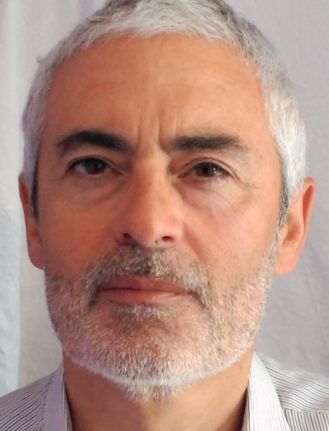
Manuel Herranz Martín
PRESIDENT
Manuel Herranz Martin, PhD, is the translator of the Mozi into Spanish and author of the El realismo ejemplar del Quijote, among others books.
LUIS CIFUENTES PÉREZ
VICEPRESIDENT
Luis Cifuentes, PhD, is the president of the Sociedad Española de Profesores de Filosofía (Spanish Society of Philosophy professors), SEPFi
Supporters & Volunteers
We work for peace, we work for human unity.













